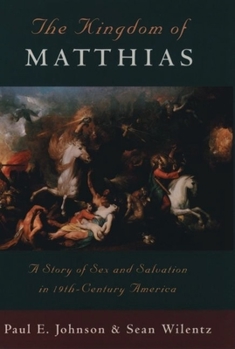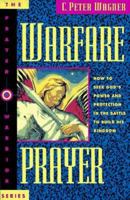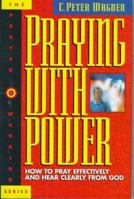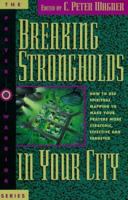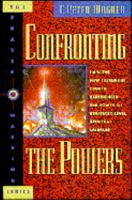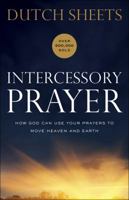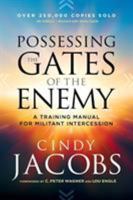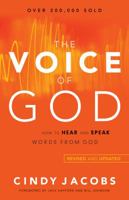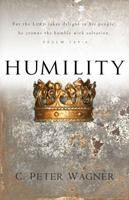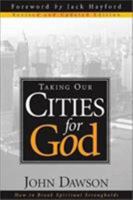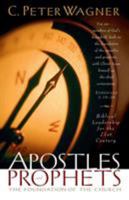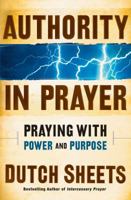The Kingdom of Matthias
Select Format
Select Condition 
You Might Also Enjoy
Book Overview
Customer Reviews
Rated 5 starsThich Nhat Hanh is a wonderful teacher
Wonderful teachings, such a loving person who explains things taught by another loving person so simply. Peace
1Report
Rated 5 starsIntelligent layman's introduction
This book is the cure to all those [] self-help type introductions to Buddhism you see these days. This is far from a scholalry book, only suited for dry academics, but at the same time, it doesn't pidgeon hole all of the Buddha's teachings into a few maxims for the Busy American to absorb on the way to the gym or work. I can't gaurantee that you'll become a Buddhist after reading this, or even have much desire to (I know...
6Report
Rated 5 starsOne atheist's opinion
My approach to this book is different than the other reviewers. I am not a man of faith. I do not believe in the existence of God and I believe the whole issue is unimportant. More important than the existence of God (which is a question neither side can settle) is the question of how to live our lives now. I came to this book as I always come to religious writings and practices; will this help me to understand others or myself...
8Report
Rated 5 starsTransforming our Suffering
Of all the books I have read and enjoyed by Thich Nhat Hanh, this is the one of the most comprehensive, inspiring and practical. His introduction to the Four Noble Truths is simply written, easy to understand, and yet lacks not one bit in depth. Like all his books, this one helps us to integrate Buddhist ideas into our everyday life without becoming too encumbered with terminology. Although Thich Nhat Hanh does tend...
0Report
Rated 5 starsThe book of choice for an organized intro to buddhism
This book is probably the single best book for those interested in learning the fundamentals of buddhism, as well as for those looking for a guidebook to refine and contemplate their buddhist views. Thich Nhat Hanh is living testimony that Buddhist practice can transform a life of suffering and despair into one of peace and joy. His books were the start of my path and this book is almost like a handbook to the four...
0Report











